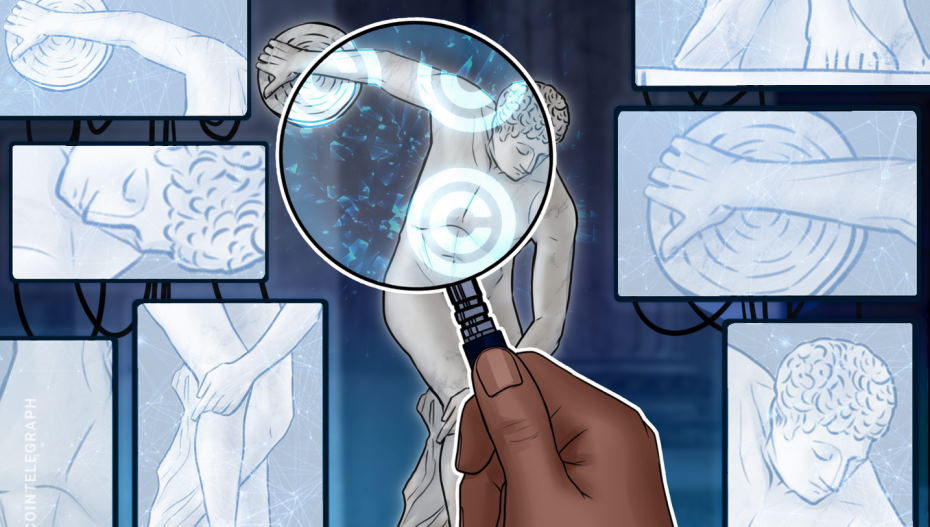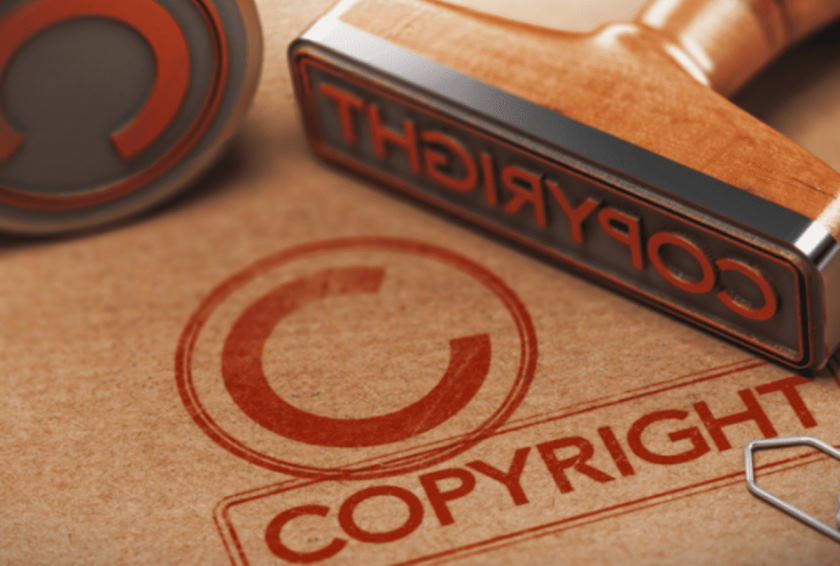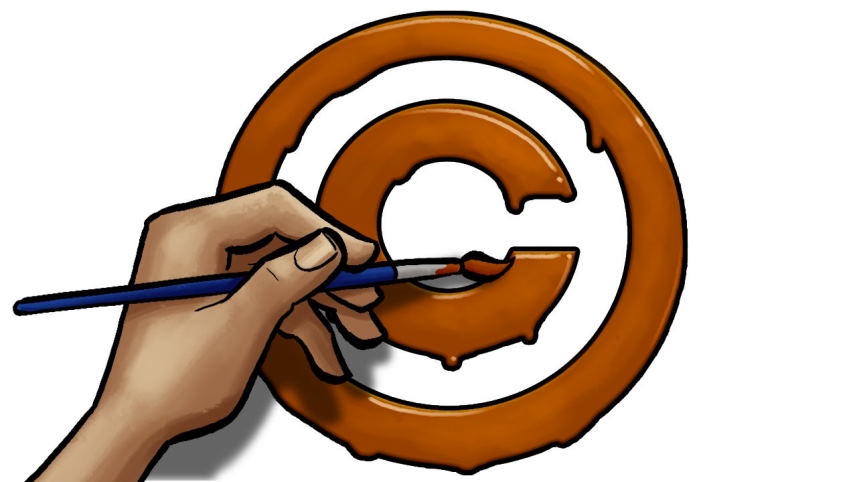Copyright laws can be complex and confusing, especially for artists trying to protect their work. But understanding the basics of copyright law is essential for anyone who wants to create and sell original artwork. In this blog post, we’ll explore some of the key concepts of copyright law and how they apply to artists. We’ll also provide tips on navigating the copyright system and protecting your work.
The essential guide to copyright law for art
As an artist, dealing with copyright law can be a daunting task. There are a lot of moving parts to consider, and it can be difficult to keep everything straight. Thankfully, we’re here to help. In this article, we’ll outline some of the basics of copyright law as it relates to artists and provide some resources you can use to further your understanding.

Copyright law is designed to protect the creative work of artists. When you create something original, you automatically have certain rights over that work. Copyright law gives you the exclusive right to reproduce, distribute, perform, display, or license your work. This means that no one can use your work without your permission.
However, copyright law also includes some exceptions and limitations. For example, you may not be able to stop someone from using your work if they’re using it for a specific purpose, such as criticism or news reporting. There are also some circumstances in which you may be required to share your work with others, such as using copyrighted work for educational purposes.
If you’re ever unsure whether someone can use your work, it’s best to err on the side of caution and get permission first. Copyright law can be complex, but resources are available to help you understand it better. We’ve compiled a list of some helpful copyright resources below.

Protect your art: everything you need to know about copyright registration
As an artist, you have a unique perspective on the world. You see things differently than others and create your art from this perspective. Your art is a reflection of your creativity and a product of your hard work. As such, you want to ensure that your art is protected from unauthorized use. Copyright registration is one way to do this.
Copyright registration gives you the legal right to stop others from using your work without your permission. It also makes the public notice that you are the copyright owner of the work. This can be important if you ever need to enforce your rights in court.

